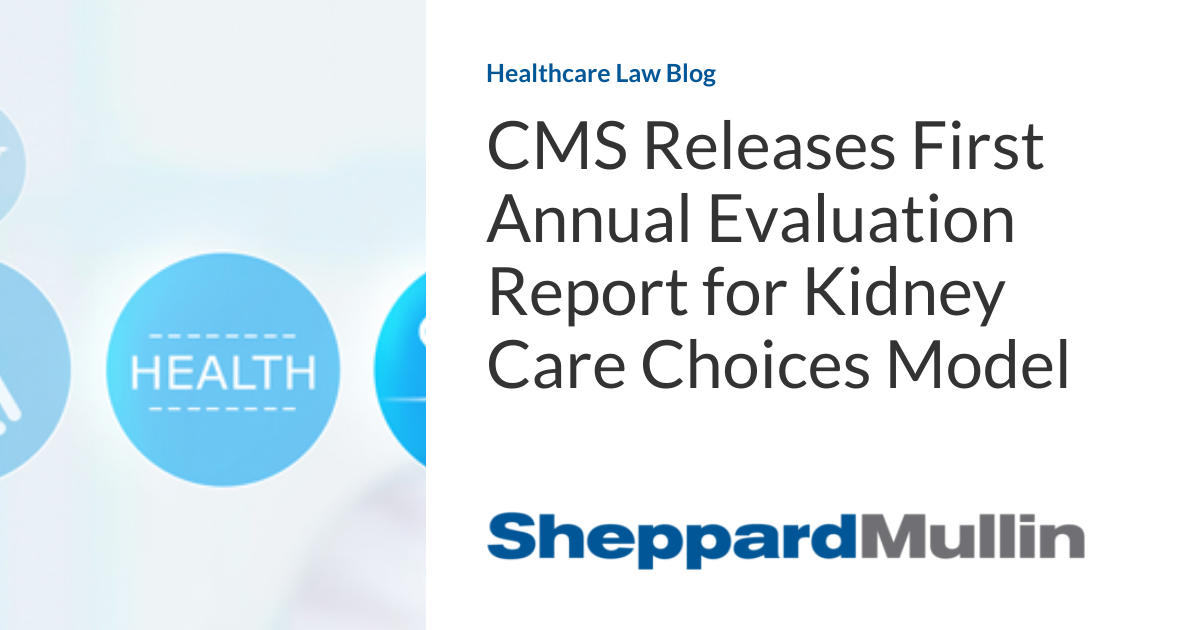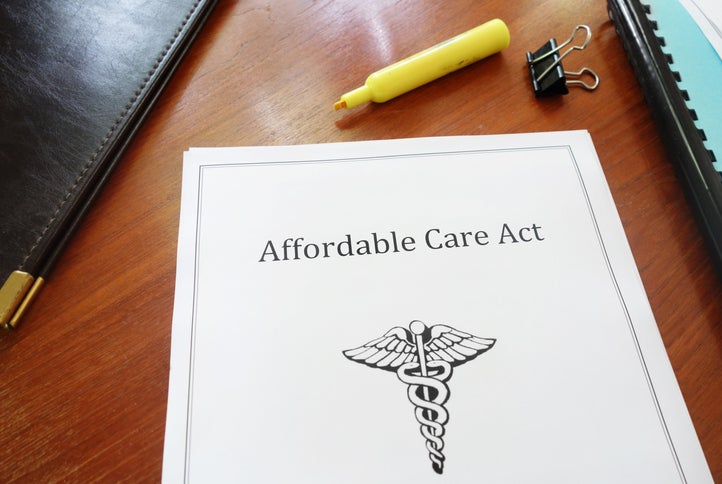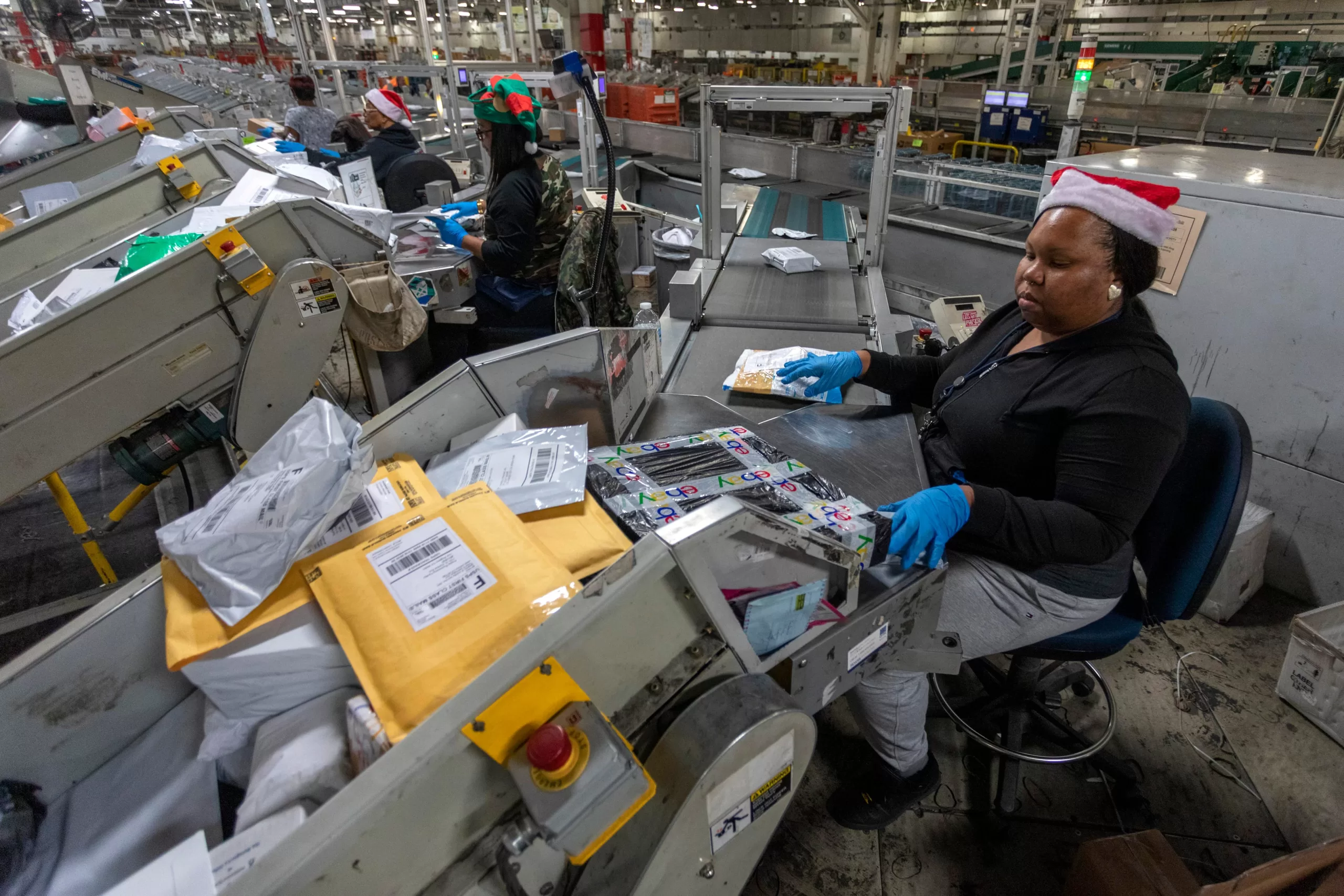Health insurance
BIOSECURE Act: Anticipated Movement, Key Provisions, and Likely Impact
[ad_1]
Last night, the House of Representatives passed the BIOSECURE Act (BIOSECURE or the Act) by a bipartisan vote of 306 to 81.
The BIOSECURE Act prohibits federal agencies from procuring or obtaining any biotechnology equipment or service produced or provided by a biotechnology company of concern. Subject to some exceptions, it also prohibits federal agencies from contracting with a company that uses equipment or services produced or provided by a biotechnology company of concern. Further, the Act prohibits recipients of a loan or grant from a federal agency from using federal funds to purchase equipment or services from a biotechnology company of concern.
The Senate version of BIOSECURE, sponsored by Sens. Gary Peters (D-MI) and Bill Hagerty (R-TN), was voted out of the Senate Committee on Homeland Security and Governmental affairs with bipartisan support in March 2024. Given its passage in the House last night, the BIOSECURE Act is likely to be signed into law by the end of the year. The House version of BIOSECURE is likely to be the version that becomes law. President Biden is unlikely to veto the Act given its bipartisan support, his previous executive actions to support domestic biotechnology development, and his Administration’s approach towards competition with China.
The Act defines “biotechnology company of concern” as any entity that:
- is subject to the jurisdiction, direction, control, or operates on behalf of the government of a foreign adversary (defined as China, Cuba, Iran, North Korea, and Russia);
- is involved in the manufacturing, distribution, provision, or procurement of a biotechnology equipment or service; and
- poses a risk to U.S. national security based on:
- engaging in joint research with, being supported by, or being affiliated with a foreign adversary’s military, internal security forces, or intelligence agencies;
- providing multiomic data obtained via biotechnology equipment or services to the government of a foreign adversary; or
- obtaining human multiomic data via the biotechnology equipment or services without express and informed consent.
Somewhat unusually, the Act names specific Chinese companies as automatically qualifying as “biotechnology companies of concern”:
- BGI (formerly known as the Beijing Genomics Institute);
- MGI;
- Complete Genomics;
- WuXi AppTec; and
- WuXi Biologics.
Both categories include any subsidiary, parent, affiliate, or successor entities of biotechnology companies of concern.
The Act also has very broad definitions of “biotechnology equipment or service.” The definition of equipment encompasses any machine, device, or subcomponent, including software that is “designed for use in the research, development, production, or analysis of biological materials.” The definition of services is similarly broad.
The BIOSECURE Act also requires the Office of Management and Budget (OMB) to publish a list of additional biotechnology companies of concern. The list is prepared by the Secretary of Defense in coordination with the Secretaries of the Departments of Health and Human Services, Justice, Commerce, Homeland Security, and State, as well as the Director of National Intelligence and National Cyber Director. This list of companies must be published by OMB within one year of BIOSECURE’s enactment and reviewed annually by OMB in consultation with the other Departments.
Guidance and Regulatory Authorities
OMB is also tasked with developing guidance and has 120 days from enactment of the statute to do so for the named companies. For the list of biotechnology companies of concern, OMB’s guidance must be established within 180 days after the development of the list.
Beyond OMB, the Act requires the Federal Acquisition Regulatory Council to revise the Federal Acquisition Regulation (FAR) to incorporate its prohibitions. The FAR regulations must be issued within one year of when OMB establishes its guidance.
For named companies the Act’s prohibitions are effective 60 days after the issuance of the FAR regulations. For companies placed on the biotechnology company of concern list, the effective date for the Act’s prohibitions is 80 days after the issuance of FAR regulations.
Impact on Existing Business Relationships
In response to stakeholder concerns about disrupting existing commercial relationships and triggering delays in drug development, the House version of the BIOSECURE Act provides a five-year unwinding period for contracts and agreements entered into before the Act’s effective dates and a similar seven-year period for unwinding contracts with the named companies. Contracts entered into after the Act’s effective dates do not qualify for the either unwinding period.
Process for Designating Companies
BIOSECURE specifies the process for designating a biotechnology company of concern. Critically, the Act does not require OMB to notify a company prior to the Department of Defense making the designation. Rather, a company will receive notice that it is being designated and placed on the biotechnology company of concern list. Moreover, the criteria for listing will only be provided “to the extent consistent with national security and law enforcement interests.” Thus, companies may face a circumstance where they are not provided the evidence supporting their designation.
Once a company receives the notice, it will have 90 days to submit information and arguments opposing the listing. The Act does not require a hearing or any formal administrative process. If practicable, the notice may also include steps the company could take to avoid being listed, but it is not required.
Safe Harbor, Waivers and Exceptions
The Act only has one safe harbor for biotechnology equipment or services that were formerly but no longer provided or produced by a biotechnology company of concern. This safe harbor seems intended to allow a biotechnology company of concern to sell their ownership of a product or service to another company without prohibitions applying to the new owner.
Agency heads may waive the Act’s prohibitions on a case-by-case basis, but only with the approval of OMB acting “in coordination with the Secretary of Defense.” Waivers must be reported to Congress within 30 days of being granted. The waiver may last for up to a year with an additional “one time” extension of 180 days allowed if an agency head determines it is “in the national security interests of the United States.” The 180-day extension must be approved by OMB and the agency head must notify and submit a justification to Congress within 10 days of the waiver being granted.
The Act has only two exceptions. First, its prohibitions do not apply to intelligence activities. Second, the prohibitions do not apply to health care services provided to federal employees, members of the armed services, and government contractors who are stationed in a foreign country or on official foreign travel.
Impact and Considerations for Clients
1. Increased Risk of Partnerships with Chinese Companies and Researchers:
Pharmaceutical and biotechnology companies that receive federal funding or contract with federal agencies should be prepared to wind down business ties to biotechnology companies in China. Impacted companies need to begin evaluating the risk to their supply chains, manufacturing capacity, and R&D pipelines in the event a business partner is listed.
Universities in the United States and other research institutes that receive federal funding will also need to undertake a similar assessment of their research partners and collaborators based in China.
2. Loss of CDMO capacity:
Wuxi App Tec is a large, global provider of contract development and manufacturing (CDMO) services to the life sciences industry. According to the New York Times “[b]y one estimate Wuxi has been involved in developing one-fourth of the drugs used in the United States.” BIOSECURE would effectively ban Wuxi from conducting business in the United States, and if passed, risks causing delays, shortages, and cost increases as companies seek to transition to other CDMOs. It will likely take years for competitors to replace the lost CDMO capacity.
3. Fate of Wuxi U.S. Facilities:
Wuxi has a large presence in the United States. It operates 12 facilities and employs almost 2,000 people. Normally, Wuxi would be expected to sell its U.S.-based facilities. However, based on Tiktok’s experience, it is unclear if the Government of China will permit Wuxi to sell its facilities as opposed to dismantling and/or relocating facilities outside of the United States.
4. OMB’s Management of Biotechnology Companies of Concern List
OMB does not typically manage processes like the one envisioned by BIOSECURE. How OMB interprets the broad criteria for listing companies will be critical. Which Departments, beyond the Department of Defense, will have the greatest influence on OMB’s decision making and how open OMB is to evidence from companies seeking to avoid listing will also need to be watched closely. Critically, it is unclear if the Act’s prohibitions would apply to CMS contracts. Congress may be being deliberately vague on this issue and is comfortable letting OMB make this determination.
Until OMB starts preparing its guidance and the FAR regulations are proposed, it is hard to anticipate the exact scope of BIOSECURE’s prohibitions or the rate at which new companies will be added to the list. How the process established by BIOSECURE will interact with or leverage existing entity lists will be another development to closely monitor.
5. Retaliation by China
BIOSECURE’s passage is likely to trigger a response from the Government of China. Responses could range from imposing its own export controls to using the country’s sweeping national security laws to harass United States businesses and their employees. Companies doing business in China, particularly those in the pharmaceutical or biotech industries need to be prepared.
Why the BIOSECURE Act Matters:
It is very likely that BIOSECURE will be signed into law. With such bipartisan, bicameral support, this could just be the tip of the iceberg in limiting American businesses’ dealings with Chinese firms, both in the biotech space and beyond. At stake are, among other things, data privacy, supply chain disruption, and the potential need to look to other countries for manufacturing reliance.
Other domestic and international firms will need to fill the capacity previously provided by biotechnology companies of concern. Congress and the Administration are currently evaluating ways to facilitate re-shoring and friend-shoring of biotechnology manufacturing, including potential tax incentives, loan guarantees, and grants. Navigating the prohibitions in a post BIOSECURE landscape will be crucial, but equally important understanding the opportunities presented by BIOSECURE.
Foley is here to help you address the short- and long-term impacts in the wake of legislative and regulatory changes, like those expected with the BIOSECURE Act. We have the resources to help you navigate these and other important legal considerations related to business operations and industry-specific issues. Please reach out to the authors, your Foley relationship partner, our Health Care & Life Science Sector, or to our Government Solutions and Health Care Practice Groups with any questions.
The post BIOSECURE Act: Anticipated Movement, Key Provisions, and Likely Impact appeared first on Foley & Lardner LLP.
[ad_2]
#BIOSECURE #Act #Anticipated #Movement #Key #Provisions #Impact
Source link











